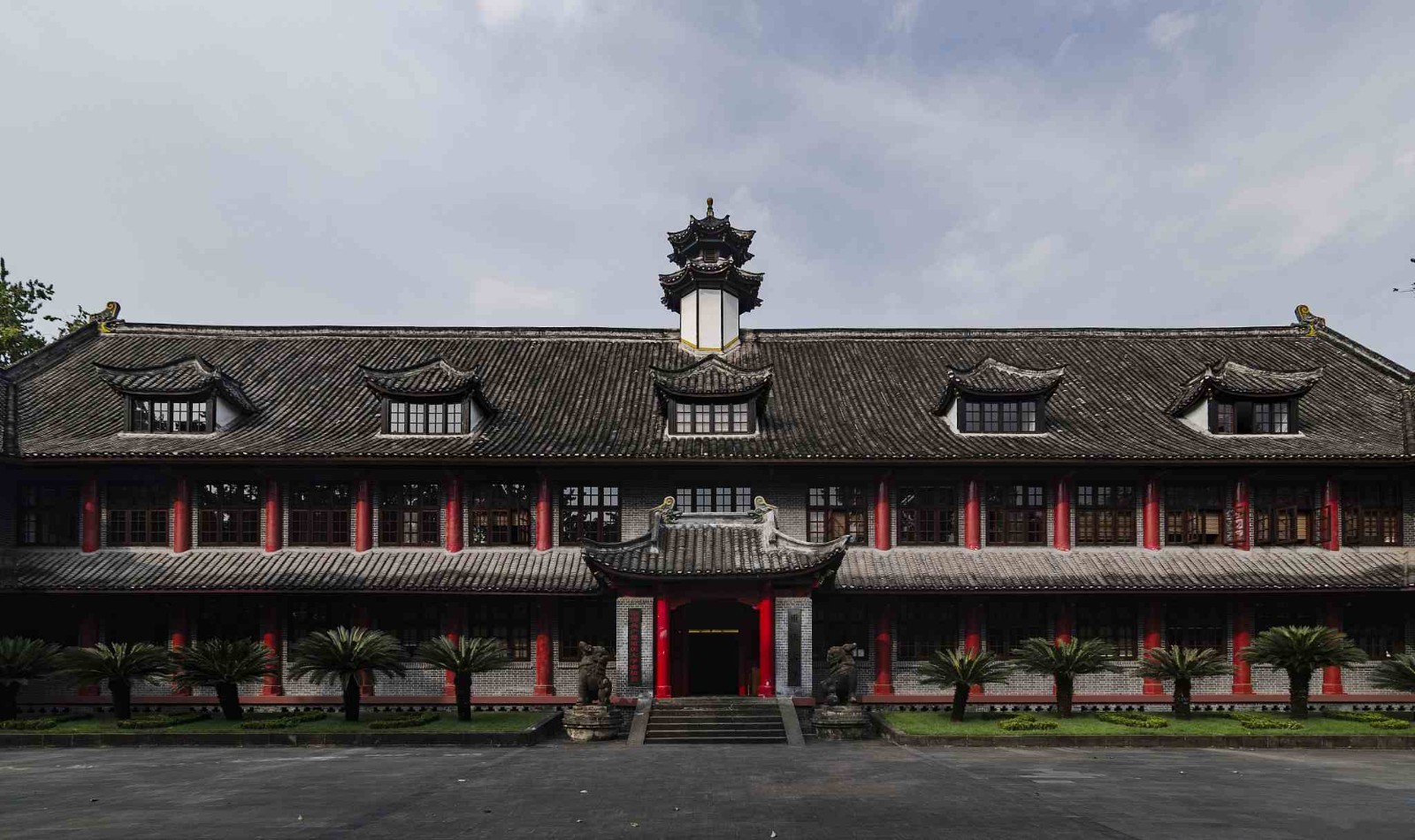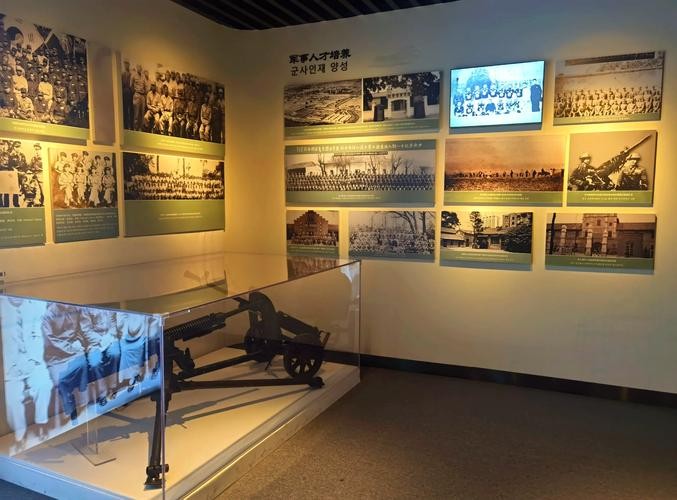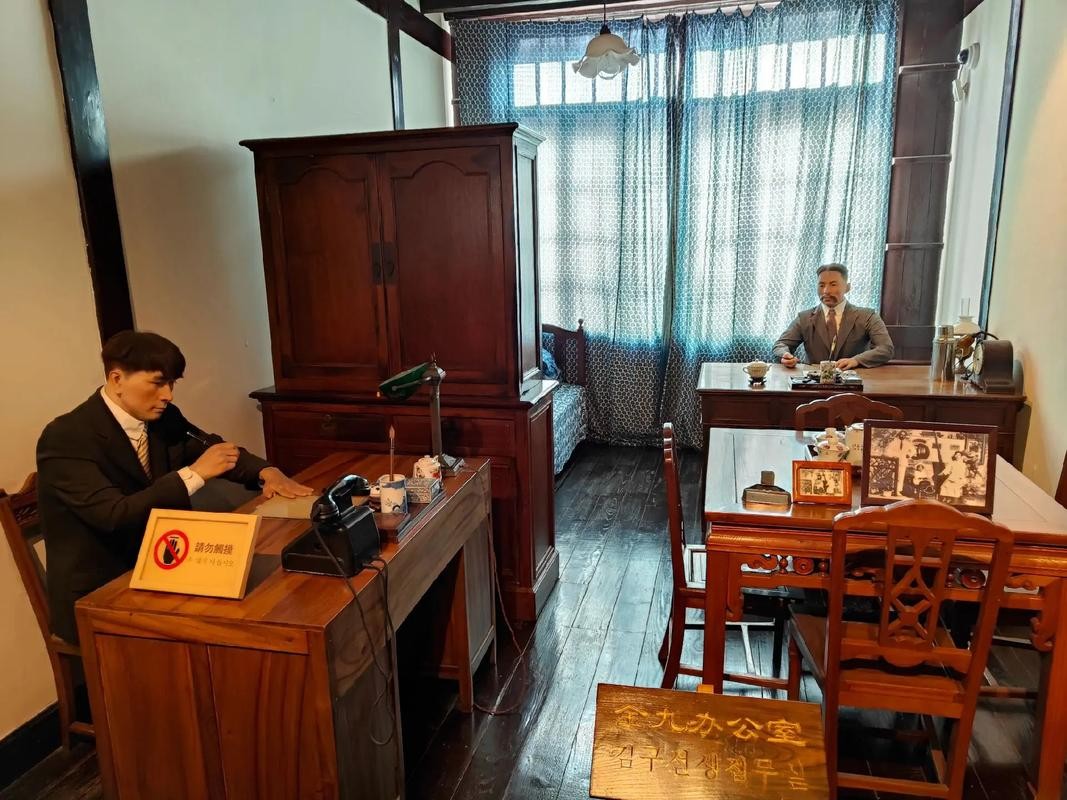



The former office of the Provisional Government of the Republic of Korea (KPG) stands as a unique museum attraction near the bustling Jiefangbei CBD. Now transformed into the Chongqing Museum of the Former Site of the Provisional Government of the Republic of Korea, this site draws a significant number of Korean visitors annually. Housing over 600 artifacts and historical items, including letters and photographs, the museum showcases the deep-rooted friendship between China and Korea forged during World War II.

Comprising five masonry-timber structures meticulously restored to recreate the original ambiance of the KPG offices, the museum offers a glimpse into the lives of Korean independence activists and the Korean Liberation Army through a collection of photos, videos, and relics.
During the 1990s, the site faced near destruction. Fortunately, the Chongqing People’s Association for Friendship with Foreign Countries collaborated with the Independence Hall of Korea to undertake its restoration. In 1995, it reopened as a museum and now enjoys cultural relic protection under the Chongqing Municipality.
Nestled amidst the towering skyscrapers of the city's downtown area, the rectangular courtyard faithfully preserves the layout of the original design. Visitors can explore various rooms such as the Provisional Assembly Meeting Room, Department of Foreign Affairs, and State Councilors’ Meeting Room, offering insights into the functions of essential officials and agencies within the KPG.
Established in April 1919 in Shanghai and later relocated to Chongqing in 1938 following the Nationalist Government, the KPG found itself dependent on China for support as they lacked a sustainable source of income.

In his autobiography, "Baekbeomilji," KPG President Kim Gu acknowledged China's crucial assistance multiple times. The book highlighted the substantial support provided by the Chinese government and people, enabling the KPG to lead a comfortable life and pursue independence efforts during times of war.

With the Japanese surrender to the Allies in 1945, the KPG disbanded, and its members returned to Korea in late October 1945. Before departing, Kim Gu issued a Farewell Letter to All Chinese Officials and People, expressing profound gratitude for the generosity and support extended during their stay in Chongqing: “During the 8-year War of Resistance, after the Provisional Government of the Republic of Korea relocated to Chongqing with the Nationalist Government, all expenditures incurred by allowance, armament supply, and people’s living were borne by the Chinese people, who also suffered from war and poverty. I was greatly impressed by your generosity!”